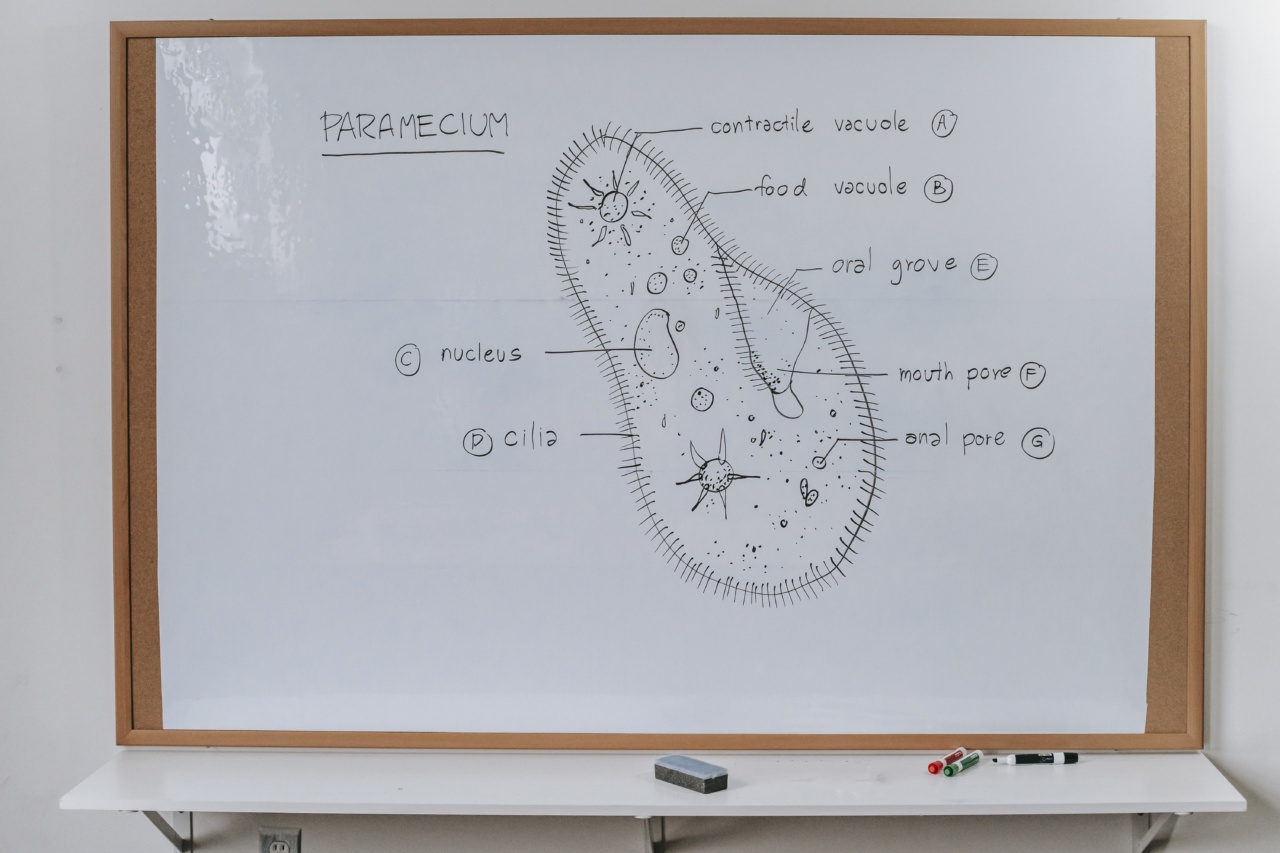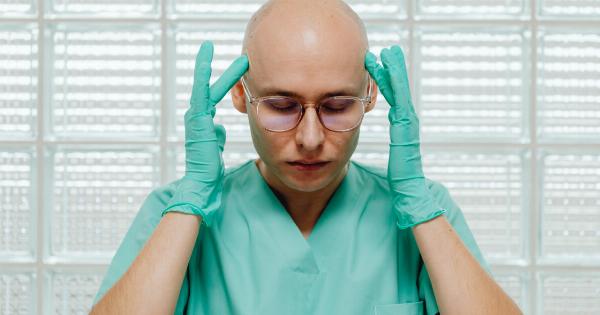A headache is a common condition experienced by many individuals. Most headaches are not serious and can be treated with over-the-counter medications or simple lifestyle changes.
However, severe headaches can be a sign of a serious underlying condition, and immediate medical attention may be necessary.
Types of Headaches
There are several types of headaches, and the severity of the headache can vary. Migraines are a type of headache that can cause intense pain, throbbing, and sensitivity to light and sound.
Cluster headaches are another type of headache that can cause severe pain in one eye or one side of the head. Tension headaches are the most common type of headache, and can cause a dull ache or pressure in the head.
Symptoms of a Severe Headache
Not all headaches are a cause for concern, but certain symptoms could indicate a more serious underlying condition. Here are some symptoms that may require immediate medical attention:.
- Severe pain that comes on suddenly
- Pain that is located in only one part of the head
- Pain that is accompanied by fever, stiff neck, confusion, or difficulty speaking
- Headache that is worsening and not responding to over-the-counter medication
- Headache that is brought on by coughing, exertion, or sexual activity
- Headache that occurs after a head injury or blow to the head
Causes of Severe Headaches
There are several underlying conditions that can cause severe headaches. These include:.
- Meningitis: a bacterial infection of the membranes surrounding the brain and spinal cord
- Brain aneurysm: a bulge in a blood vessel in the brain that can rupture and cause bleeding
- Brain tumor: a mass or growth in the brain that can cause pressure and pain
- Stroke: a blockage or rupture of a blood vessel in the brain
- Temporal arteritis: an inflammation of the blood vessels in the head and neck
- Glaucoma: increased pressure in the eye that can cause headaches
- Sinusitis: an infection or inflammation of the sinuses that can cause headaches
When to Seek Immediate Medical Attention
If you are experiencing a severe headache, it is important to seek immediate medical attention if you are experiencing any of the following:.
- A sudden and severe headache that comes on quickly
- Headache accompanied by vomiting, nausea or dizziness
- Headache accompanied by changes in vision, confusion, or memory loss
- Headache accompanied by severe neck pain or stiffness
- Headache accompanied by loss of consciousness or convulsions
Treatment for Severe Headaches
The treatment for a severe headache will depend on the underlying cause. If you are experiencing a severe headache, your doctor will perform a physical exam and may order diagnostic tests such as a CT scan or MRI to determine the underlying cause.
Treatment may include medications, surgery, or other interventions depending on the cause of the headache.
Prevention of Severe Headaches
While not all headaches can be prevented, there are certain lifestyle changes that can help reduce the frequency and intensity of headaches. These include:.
- Maintaining a regular sleep schedule
- Limiting caffeine and alcohol consumption
- Maintaining good posture while sitting or standing
- Reducing stress through relaxation techniques such as deep breathing or meditation
- Exercising regularly
Conclusion
While most headaches are not serious and can be treated with over-the-counter medications, severe headaches can be a sign of a serious underlying condition and require immediate medical attention.
If you are experiencing any of the symptoms of a severe headache, it is important to seek medical attention immediately to determine the underlying cause and begin appropriate treatment.




























